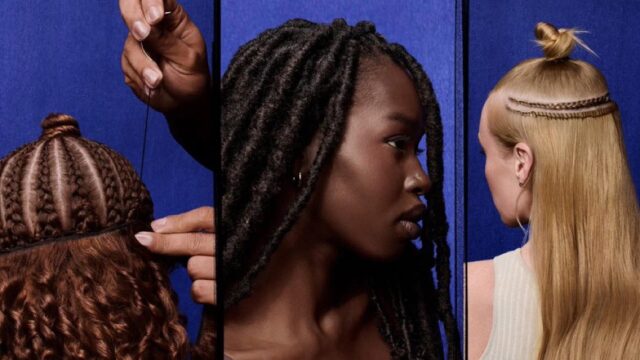Beauty to Bitter, New Hidden Mental Health Claims Post Rhinoplasty
Trigger warning: This article discusses body image and mental health.
In the age of hyper-visibility, where a single selfie can be dissected by strangers in seconds, the decision to change one’s appearance with rhinoplasty often comes with unspoken emotional costs. While rhinoplasty remains one of the most requested cosmetic procedures in the United States, new conversations are emerging about the toll it can take on mental health—especially when expectations don’t align with reality.
One source, who underwent the surgery two years ago, described the lingering impact. “I thought changing my nose would change my life,” she reflected. “Instead, I feel like I erased a part of my identity. I don’t even recognize myself in old photos. People compliment me, but inside, I regret it every day.”
According to Dr. Smith, a retired board-certified facial plastic surgeon and reconstructive specialist, such feelings are not uncommon. “Rhinoplasty can be life-changing in positive ways,” he explained, “but for some, it opens an emotional gap they didn’t expect. They focus on the new flaw, or they mourn the face they grew up with. That’s why psychological screening before surgery is as important as the surgical plan itself.”
A study highlighted in Forbes recently underscored this link between cosmetic surgery and post-procedure mental health issues, noting that patients with pre-existing insecurities are more likely to experience post-operative regret, anxiety, and even depression. Social media can magnify those feelings, creating an echo chamber of comparison and scrutiny.
Online culture doesn’t just shape our ideals—it can distort them. Beauty standards shift with alarming speed, and the face you have today may not be the one that’s trending tomorrow. Dr. Smith emphasized that while physical adjustments are visible, internal adjustments require deliberate care. “Therapy should be a standard part of the process,” he stated. “If someone is expecting surgery to solve deep emotional pain, they may be setting themselves up for disappointment.”
The reader who shared her story with us admits she underestimated the emotional weight of her decision. “I spent months obsessing over tiny imperfections and forgot what it felt like to simply exist without that constant self-critique,” she revealed. “Now, I wish I had spent that money on therapy, travel, or anything that celebrated who I was—not what I thought I should look like.”
As more voices join this conversation, a growing movement is encouraging people to pause before making permanent changes. That pause, experts say, could be the difference between transformation and turmoil.
In a culture obsessed with angles, filters, and quick fixes, perhaps the most radical act of self-love and beauty is learning to live comfortably in the skin—and the face—you were born with.






